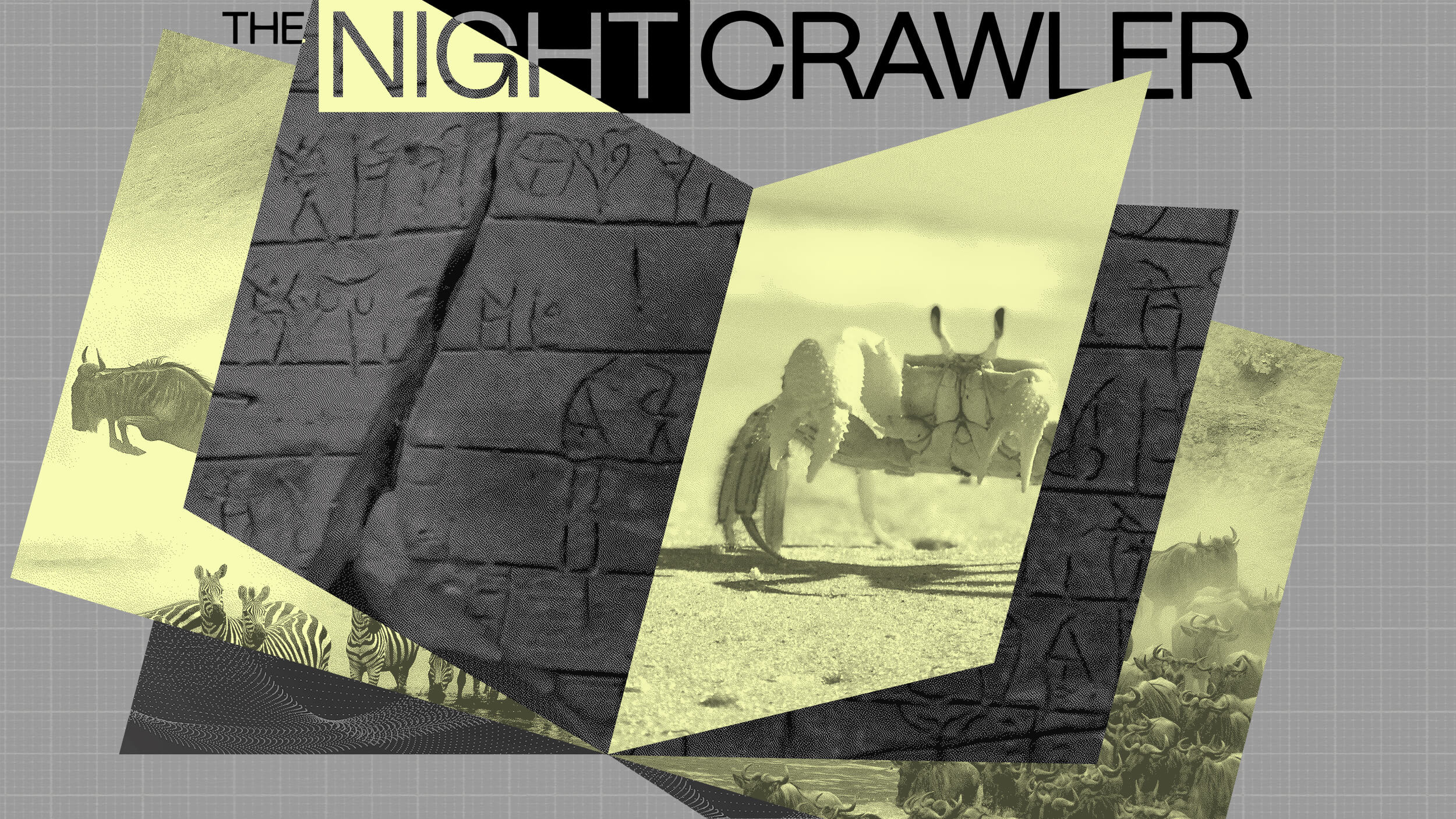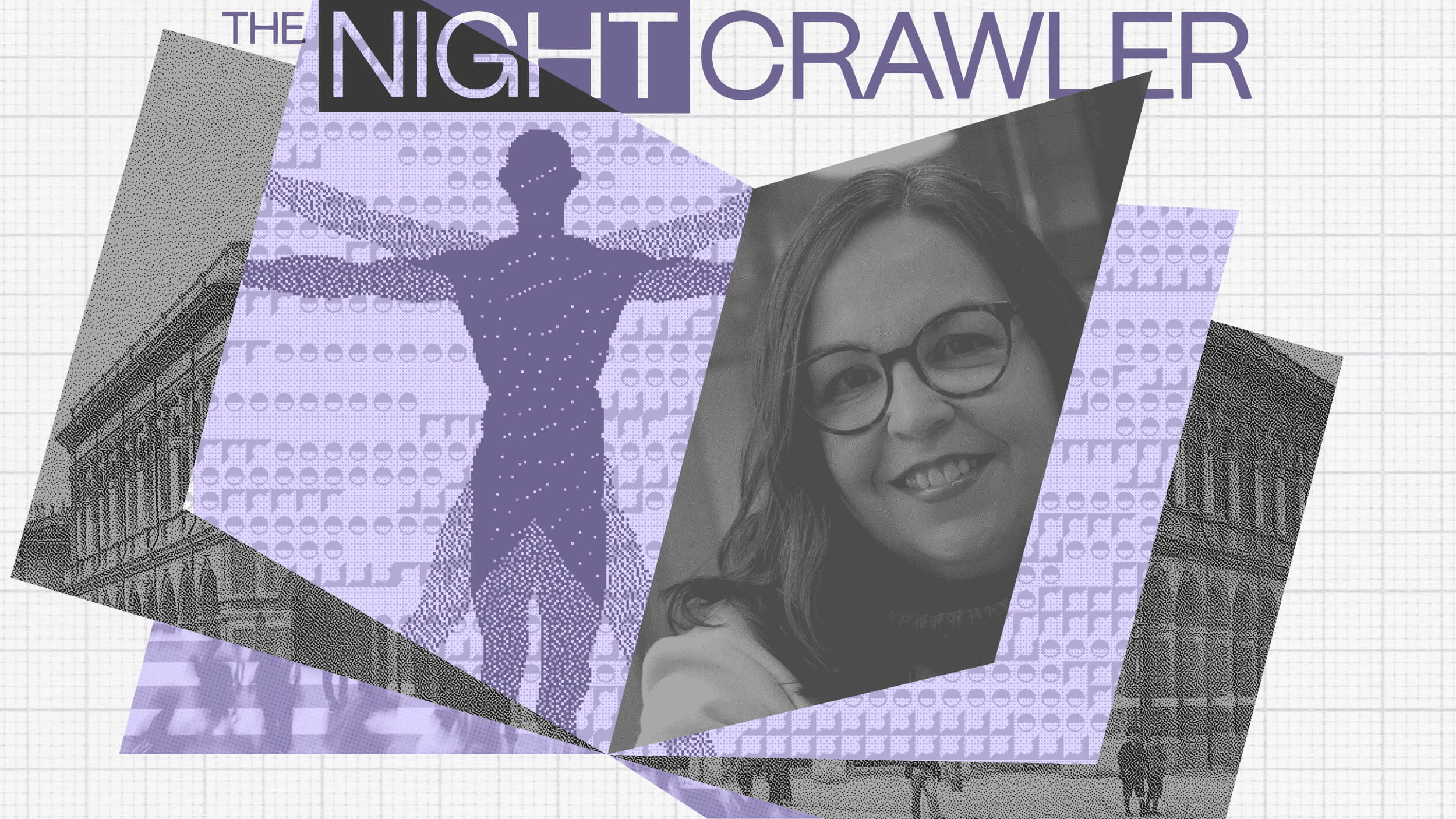The Kevin Kelly interview: The power of “radical optimism”

- Kevin Kelly shares three insights for retaining a sense of optimism.
- “The only way to produce great things,” says Kelly “is to iterate on an ongoing, long-term basis.”
- Kelly also discusses “The Innovator’s Dilemma,” Stewart Brand’s concept of “pace layers,” and the difference between “good and great” companies.
Kevin Kelly believes we need to build a better future for our descendants. To achieve this, he argues, we must radically rethink nearly every aspect of how we live: how we build businesses, invest, spend our time, structure governments, and envision the future itself. Of course, this won’t be easy.
Kelly — author, philosopher, and co-founder of Wired magazine — insists that to truly play the long game and rebuild society for the better, we must embrace one simple yet profound mindset: optimism. “Optimism,” he has written, “enables us to reach good and great things beyond the capability of a single generation.” He also believes that in business, embracing optimism — and a long-term perspective — can lead to compounding advantages.
Recently, I had the chance to speak with Kelly about how optimism can be a powerful and creative force in playing the long game — in life and in work.
Eric Markowitz: I found an old radio piece you did with Ira Glass in 1997, where you said: “Having a future is part of what being human is about. When you take away the future for humans, you take away a lot of their human-ness.” When did you first start really thinking about the future?
Kevin Kelly: As a kid, I was into science fiction. Before there was the Hollywood version of science fiction, it was just books. At the time, it was considered to be very marginal in society. It wasn’t mainstream. And when I was growing up, people just weren’t really thinking about what’s coming. What people seemed to value was history — it was seen as a sign of education to know what Plato thought, for example — but the focus was on the past. So science fiction gave me a new perspective on the future.
Over time, I came to see the long-term view as a subset of thinking about the future. It’s thinking about the future in terms of generations, in terms of continuity, and sustaining something over that period of time that is growing. It’s not just “stuff that hasn’t happened yet.”

Eric Markowitz: You have made the case, very publicly, that optimism is the only bridge to a better future. How do you retain your own sense of optimism?
Kevin Kelly: I would say that, first of all, I think I am temperamentally inclined towards optimism. However, I think optimism is not just a personality trait; it’s a choice. I have chosen to be more optimistic than I would normally be. I’ve chosen to be radically optimistic. We don’t need everybody to do that, but we can all be more optimistic than we might ordinarily be. So, it’s a choice.
I think three things help in that: One is, the longer your view is, the more optimistic you can become. A longer view allows you to overcome the inevitable setbacks that will be present in the short term. If you look at a chart of the stock market over time, World War II — which was a big, terrible setback — hardly shows up. The point is you can overcome it. The power of a few percent compounded over time is so great that it can offset very severe setbacks in the short term. Miracles can happen if you give yourself 10 years to accomplish something rather than three months or six months.
The second thing is that you want to avoid relying on news for your perspective. Because the news, by definition, no matter its source, is more likely to be bad news than good news. Bad things happen very fast and good things take a long time. If you hear of something happening, 99% of the time, it’s going to be bad news. News organizations are just not set up to report good news — because it’s boring.
“I think optimism is not just a personality trait; it’s a choice. I’ve chosen to be radically optimistic.”
Kevin Kelly
The third practical thing that I do is hang out with the young. You want to focus on the youth and their dreams. I believe the reason we can be optimistic about the future is not because we’re going to diminish the problems; it’s not because we think problems are smaller — it’s because we think our capacity to solve them is large and getting larger. That’s why you want to look at young innovation because that’s where the capacity to solve problems grows the fastest. We’re not ignoring or denying the problems of the present. We’re saying that our capacity to solve them continues to increase even faster. So, trust the next generation to solve those problems in a way that our current generation could not.
Those three things for me are the keys: take the longest view you can, try to ignore the news, and trust the next generation.
Eric Markowitz: One thing I’ve learned from reading your work over the years is that, in perhaps a more prosaic sense, optimism can be a strategic long-term advantage in business. Can you talk more about that?
Kevin Kelly: That was Jeff Bezos’s rationale. He would say two things: first, “no one’s competing on ten years; that’s where I’m working.” Secondly, he would say, “I’m interested in what doesn’t change.” He wanted to make money off what doesn’t change. What’s not going to change is that people want more choice and cheaper prices. And that will be true in ten years or twenty years. So, he banked on the things that don’t change.
Eric Markowitz: You’ve written about the idea that small, marginal improvements over time can create incredible compounding effects. How does this apply to creative endeavors?
Kevin Kelly: If you talk to most successful creators, they will all talk about the necessity of producing things regularly as a means to get to something great. I recently saw some photographs of Ansel Adams — one of the greatest landscape photographers ever — who, for a while, produced completely ordinary, uninspiring photographs in great quantities. Part of that was necessary to build the skills and inclination to create the great ones. Between those great ones, there was a lot of boring work.
Any artist, writer, songwriter, or musician will talk about the necessity of doing things regularly to produce great stuff. So, there’s a sort of long-termism in that process. The only way to produce great things is to iterate on an ongoing, long-term basis. In my own photography, it’s the same thing — you make a lot of mediocre stuff to create the opportunity to make great stuff.
“Part of long-term thinking is understanding that there are different rates for different companies.”
Kevin Kelly
Eric Markowitz: How do you encourage this type of behavior within organizations? Many are too afraid to do anything outside of their zone of competence, which may keep them safe in the short term, but the lack of taking big bets is what kills them in the long run.
Kevin Kelly: There’s an entire industry of people who examine this problem in businesses because it’s very acute. My favorite version of this is Clayton Christensen’s “The Innovator’s Dilemma.” I adopt his framing of this, which says that companies become imprisoned by their success. They’re unable to do the necessary work of abandoning what’s working and going with something new because it requires going into markets with low margins and high failure rates. It takes someone with the willpower, like a founder, to say, “I don’t care, this is where we’re going.”
It’s very difficult for successful companies. That’s the paradox — your success becomes your prison. This is true for individuals too, like when Bob Dylan wanted to pick up an electric guitar, his fans wanted to abandon him because that’s not what they signed up for. Growth requires an incredible amount of willpower to push through. Musicians face this dilemma: how much do they play the old hits versus new stuff that fans may not want to hear?
In large organizations, it becomes even harder to make those changes. There’s a natural counterforce to innovation and progress that everyone understands, but when you’re saying, “We’re going to stop pursuing excellence for a while,” it’s tough. Who’s going to volunteer to not be excellent for the next year? So it’s difficult, and that’s why there are consultants who help organizations get over that process. Usually, it has to come from the top — someone crazy enough to demand the impossible. You need someone unlikable, like Elon Musk, who’s just going to say, “You’re fired.”
Eric Markowitz: Do you have any tips or ideas for organizations to build long-termism into their charter?
Kevin Kelly: First of all, one thing we’re learning is that you don’t necessarily want everything to be long-lived. This goes back to what my friend Stewart Brand calls “pace layers.” There might be huge advantages to society in having short-lived institutions that don’t continue indefinitely. For example, the Hollywood model of making movies is like that. Each movie is its own business, a startup that exists for five years and then disbands.
So part of long-term thinking is understanding that there are different rates for different companies. There are things like infrastructural elements that you absolutely want to continue and have long-term continuity. But I think we should reward certain entities that aren’t trying to be long-term, maybe even offer tax breaks for those that disband after a certain period.
“For individual institutions and organizations, if they decide they want to be multi-generational, they need to assign resources to enable that long-term sustainability.”
Kevin Kelly
For those that want to endure, there are things we could do as a society to encourage long-term investment — maybe things like 100-year bonds or policies that promote sustainability. For individual institutions and organizations, if they decide they want to be multi-generational, they need to assign resources to enable that long-term sustainability.
Documentation and the commitment to transmitting important information are key. It’s hard for startups to focus on this, and it may not be necessary at the beginning. But once an organization is stable, you can assign resources to ensure the long-term transmission of your core values and history. This is what the Long Now [foundation] is undergoing right now, a transition to the next generation.
And that’s where storytelling comes in. In the book Good to Great [business consultant Jim Collins explains that]the principal difference between the good and great companies was that great companies were very flexible in what they did, but they had a core that did not change. Everything else was adaptable and flexible.






